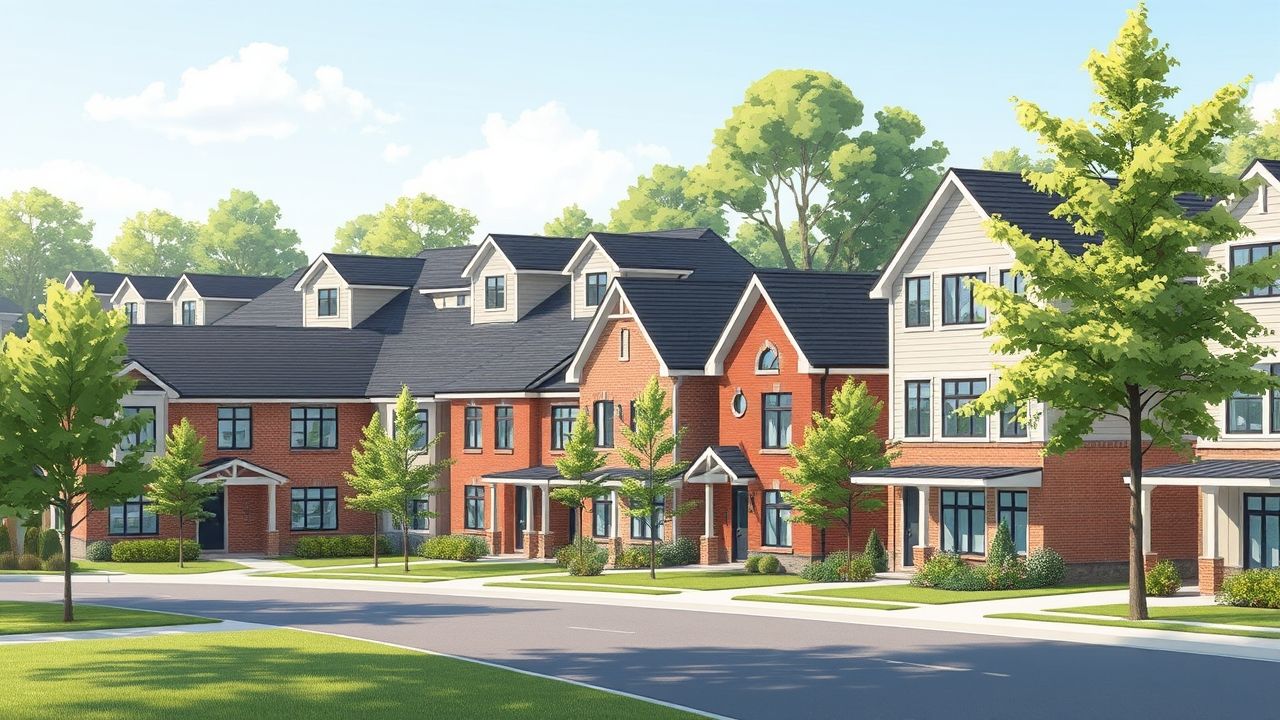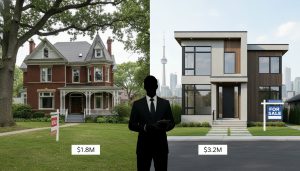Are You Ready to Avoid Bad Real Estate Investments in the GTA?
Buying a home in Georgetown, Milton, Guelph, Acton, Oakville, or Burlington can be tricky. With rising prices and fierce competition, how do you ensure your investment doesn’t go south? Here’s a straightforward guide to help you navigate the hurdles of buying and selling homes in the GTA.
Bad Real Estate Investments: What Really Counts?
A bad real estate investment is one that doesn’t yield profits. The goal is returns—plain and simple. Here’s how you can avoid making those missteps:
Understand the GTA Market
- Study Trends: Housing sales have dipped by 2% in 2024 across most of the GTA while prices creeped up by 3% (Source: TREB).
- Local Focus: Milton has seen a surge in luxury apartments, while Oakville maintains its status as a prime location for family homes.
Finance it Right
- Explore First-Time Buyer Programs: Programs in Ontario offer tax credits and incentives.
- Mortgage Evaluation: A mortgage specialist says, “Always know if the rates suit long-term goals.”
Finding the Right Property or Buyer
- Research: Find a reputable real estate agent familiar with the area.
- Home Inspection Must-Haves: Identifying issues early saves money.
Legal Aspects of Buying & Selling
- Understand the Contract: Always have a legal professional or seasoned agent review terms.
Worst Home Buying Mistakes
Not Having a Solid Real Estate Investment Plan
- Clarity on Goals: Are you after rentals or a fixer-upper?
- Assessment of Risks: Analyze potential pitfalls first.
Not Having a Great Contingency Plan
- Expect the Unexpected: In real estate, surprises are the norm, not the exception.
Overvalued Properties
- Perform Real Estate Due Diligence: Use genuine comparables, not speculative data.
Poor Project Management
- Stick to Budgets and Timelines: Well-managed projects yield higher rewards.
Signs of a Bad Home Investment
Got Too Emotional
- Emotions Cloud Judgment: Real estate decisions should be data-driven, not based on sentiment.
Underestimate Risks
- Geographical Pitfalls: Analyze neighborhoods for declining market signs.
Underestimate the Cost of Repairs
- Accurate Repair Estimations: Detailed quotes prevent budget busts.

Avoiding Overpaying for a House
- Don’t Ignore Red Flags: Old wiring, roofing issues need consideration.
Property Value Depreciation
- Look Out for Decline Factors: Nearby businesses or ecologically vulnerable areas impact values.
Your Next Steps
Now you know how to sidestep these pitfalls. Whether buying or selling, contact a professional team that understands the nuances of the GTA market for more personalized guidance.





















